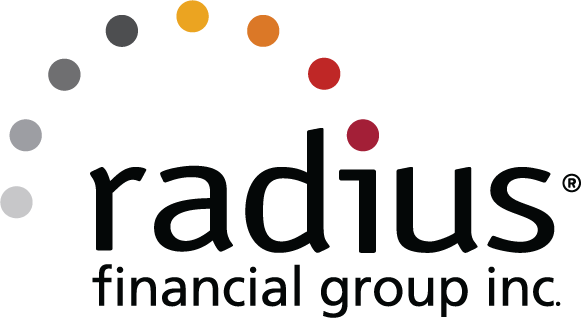From gaining credit advantages to saving money, a Federal Housing Authority (FHA) mortgage has many benefits. However, with these benefits come many qualifications.
If you’re interested in an FHA mortgage, applying requires you to disclose all debts, open lines of credit, and regular sources of income for the lender to determine your debt-to-income ratio.
A debt-to-income (DTI) ratio compares how much you owe each month to how much you earn. For an FHA loan, the highest DTI ratio is 50 percent. However, there are exceptions to this rule. In this blog post, we will look into the debt-to-income ratio for an FHA loan and other important requirements to qualify for the loan.
FHA DTI Ratio: A Closer Look
The requirements to qualify for mortgages backed by the FHA are different from other types of home loans. Although you don’t have to be a first-time homebuyer, FHA loans are popular with this group of homebuyers because of the lower down payment requirements, lenient credit score requirements, and existing debt standards.
Although lenders for any type of mortgage consider your DTI ratio, the FHA looks at your payment-to-income (PTI) ratio in addition to your DTI ratio.
Payment-to-Income Ratio
Your PTI is the ratio of proposed monthly mortgage payments to monthly income. This is also referred to as front-end-debt ratio.
For an FHA loan, a PTI ratio can be high as 40 percent if the borrower’s credit score is 580 or higher.
Debt-to-Income Ratio
Your DTI ratio measures the percentage of pre-tax income spent on monthly debt payments. FHA guidelines for DTI ratios vary depending on credit score and other financial considerations, such as cash on hand.
The highest DTI allowed is 50 percent if the borrower has a credit score of 580 or higher. Depending on the lender, other qualifications could also be required.
Additional Requirements for an FHA Loan
As with all loans, meeting the minimum requirements doesn’t necessarily mean that the borrower is guaranteed to receive the loan. Each time a lender provides a loan, they are taking a risk, so the better your financial situation, the less of a risk you pose to the lender.
In addition to meeting the DTI ratio requirement for an FHA loan, be sure to meet the following criteria:
Minimum Credit Score: 500
First-time homebuyers are often attracted to FHA loans due to the FHA guidance that allows for lower credit scores.
However, even though the FHA sets out minimum credit score guidelines, FHA lenders might require higher minimum scores because the loan comes directly from them (the FHA only insures the loan). A higher minimum can minimize the lender’s risk.
Not only can a higher credit score give you a better chance of receiving approval and a better mortgage rate, but it can also make you competitive in a market that has become more challenging due to the pandemic. Those with lower credit scores are finding it more difficult to have an application accepted.
Minimum Down Payment
With an FHA loan, your minimum down payment depends on your credit score:
- With a credit score of 580 or higher, your minimum down payment is 3.5 percent.
- With a credit score that falls between 500 and 579, the minimum down payment is 10 percent.
At times, the FHA guidelines will refer to this as the “Minimum Required Investment,” which simply means the down payment.
Maximum or Minimum Income
Although there’s no minimum or maximum income that prevents you from getting or qualifies you for an FHA-insured mortgage, you must meet the following criteria:
- You need at least two credit accounts, such as a credit card and a car loan.
- You cannot have delinquent federal debt or judgments.
- You cannot have debt associated with past FHA-insured mortgages.
The FHA loan accounts for cash gifts that help with the down payment, such as money from a friend or family member, your employer or union, a charity, or a government agency. The gifts must be verified in writing and include a signature and date of signature by the donor.
Find FHA Loan Guidance with radius
The debt-to-income ratio for an FHA loan is an important aspect of qualification. However, like any other loan, there are many different factors to consider.
At radius, we think finding a home mortgage should be simple. Although conducting your own research is necessary, talking to a Loan Officer can provide clear next steps based on your financial situation.
Not ready to talk to someone yet? Check out our e-book, 11 Essential Home-Buying Tips from Real Mortgage Loan Officers.


